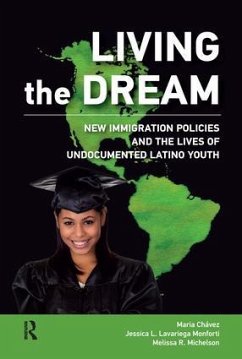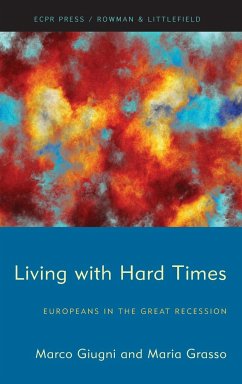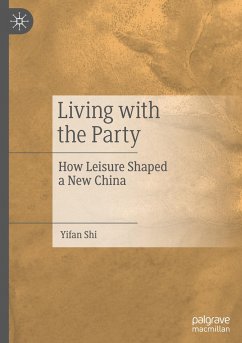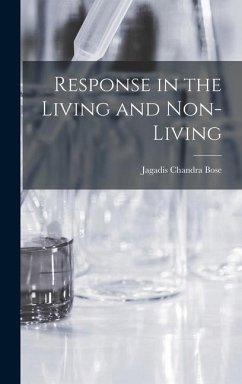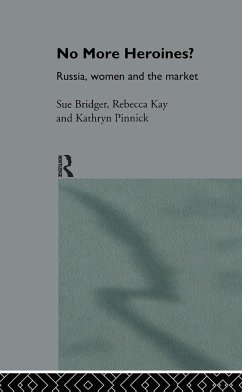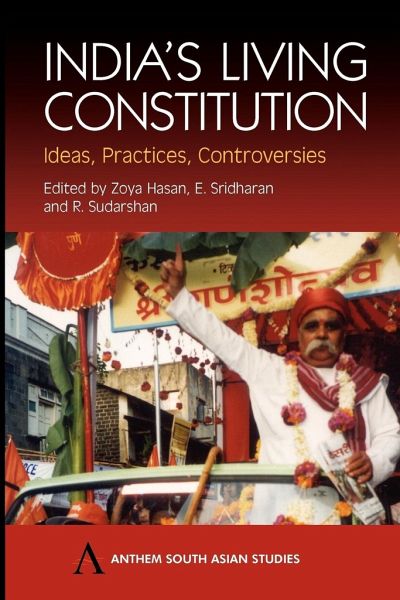
India's Living Constitution
Ideas, Practices, Controversies
Herausgeber: Hasan, Zoya; Sridharan, E.
Versandkostenfrei!
Versandfertig in 1-2 Wochen
41,99 €
inkl. MwSt.

PAYBACK Punkte
21 °P sammeln!
India became independent in 1947 and, after nearly three years of debate in the Constituent Assembly, adopted a Constitution that came into effect on 26 January 1950. This Constitution has lasted until the present, with its basic structure unaltered, a remarkable achievement given that the generally accepted prerequisites for democratic stability did not exist, and do not exist even today. Half a century of constitutional democracy is something that political scientists and legal scholars need to analyze and explain. This volume examines the career of constitutional-political ideas (implicitly...
India became independent in 1947 and, after nearly three years of debate in the Constituent Assembly, adopted a Constitution that came into effect on 26 January 1950. This Constitution has lasted until the present, with its basic structure unaltered, a remarkable achievement given that the generally accepted prerequisites for democratic stability did not exist, and do not exist even today. Half a century of constitutional democracy is something that political scientists and legal scholars need to analyze and explain. This volume examines the career of constitutional-political ideas (implicitly of Western origin) in the text of the Indian Constitution or implicit within it, as well as in actual political practice in the country over the past half-century.




